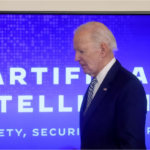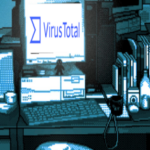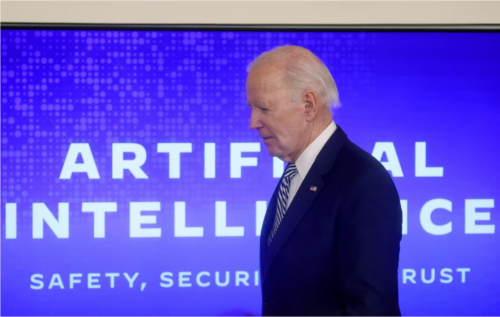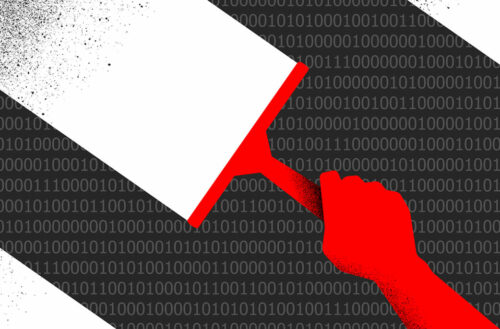Russia Developing National-Level Antivirus System, Multiscanner, to Counter Western Surveillance
Reports from Russian media indicate that Russia is in the process of creating its own national-level antivirus system, named Multiscanner, akin to Google’s subsidiary Chronicle-owned VirusTotal. A working prototype of this antivirus solution is expected to be released later this year, with full-scale operation across the nation planned for 2025. The primary objective of Multiscanner is to scrutinize internet traffic for potential malware threats.
Alexander Shoitov, the Deputy Minister of the Russian Ministry of Digital Development and Communications, has revealed that Multiscanner will boast more extensive capabilities compared to VirusTotal. While VirusTotal primarily focuses on analyzing suspicious files and links for viruses, worms, trojans, and other malicious software, the Russian counterpart will encompass both hardware and software components and will be seamlessly integrated into the digital state’s services. Multiscanner will enable remote file and link analysis using static and behavioral analysis techniques, including the identification of suspicious behavior, object relationships, the search for similar items, and the provision of threat context.
Alexey Vishnyakov, who heads the malware detection department at Positive Technologies (a company sanctioned by the US and EU), emphasized the need for a national solution. He noted that VirusTotal’s servers are situated within the US jurisdiction and accessible to US law enforcement agencies, which may conflict with the interests and regulations of the Russian Federation. According to Vishnyakov, “VirusTotal is not just a threat analyzer but, first and foremost, a repository of this data. It contains a substantial amount of user information, including confidential data.” Multiscanner’s development is taking place at the National Technology Center for Digital Cryptography, with the involvement of multiple Russian companies and organizations as part of the Digital Economy national project.
Russia’s Pursuit of an Independent Internet Space
Russia’s efforts to create domestic alternatives to Western products have gained momentum, partly in response to censorship. These efforts include the establishment of analogs like Vkontakte (similar to Facebook), the Yandex search engine (an alternative to Google), and RuStore, an Android app store developed with the support of Russia’s Ministry of Digital Development and Communications.
Russia’s internet space, often referred to as Runet, is governed by state laws. Since 2019, internet providers have been required to redirect traffic to state-approved exchange points overseen by Russia’s communications watchdog, Roskomnadzor. In 2018, a bill was introduced in the State Duma, sparking discussions about increased government control over the national internet infrastructure. The objective was to ensure rapid isolation during security incidents, involving the establishment of a national DNS in Russia and entrusting Roskomnadzor with the responsibility of maintaining Runet’s stability.




